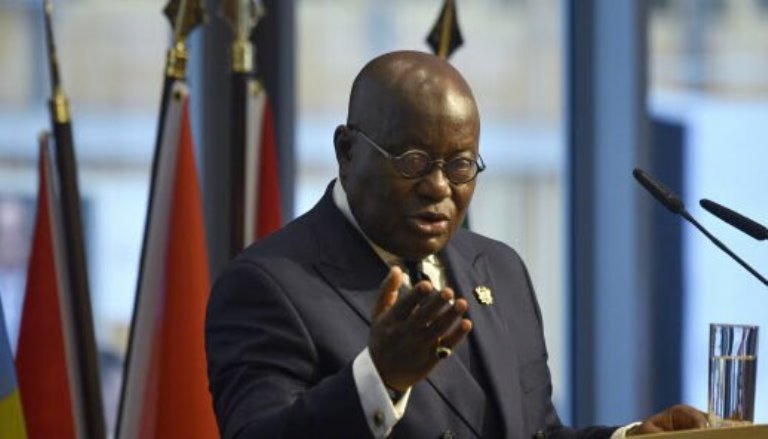
Tanko Mohammed

The economy of Ghana has recorded its first recession in 30 years but the country’s central bank has enthused hope with a message of a steady rebound.
According to the data released on December 17, 2020 by Ghana Statistical Service (GSS), the economy has recorded negative growth for the second consecutive quarter.
It said the economy contracted by 1.1 per cent in the third quarter after it contracted by 3.6 per cent in the second quarter, an indication fortune of the its 29 million people might be in jeopardy.
Prof. Peter Quartey, the Head of the Economics Division at the Institute of Statistical, Social and Economic Research (ISSER), confirmed that the situation is an indication that the Ghanaian economy was in recession.
“Once we have recorded two negative growth rates consecutively then we can say there is a recession,” he stated however that it was expected because of the impact of the COVID-19 pandemic.
“We are in the middle of a pandemic and we are not in normal times so this was expected,” he noted.
In 2020, the economic growth without oil contracted by 0.4 per cent compared to a growth of 4.6 per cent in the same period in 2019 while t agriculture sector recorded the highest growth of 8.3 per cent in the third quarter.
The industry sector contracted by 5.1 per cent, while the services sector contracted by 1.1 per cent.
The survey on consumer confidence conducted by the Bank of Ghana’s (BoG’s) indicate that economic activity had started picking up in some hitherto dormant areas.
The Central Bank said on Friday, December 18, 2020 that business confidence had improved although the index remained below pre-lockdown levels.
“Our latest high frequency economic indicators, such as consumer spending, industrial consumption of electricity revitalise businesses and cushion households will have to be defined to scale and there should be no expectation that these should become permanent obligations of government,” the Governor of the Bank, Dr Ernest Addison, stated.
Addison said a wide fiscal gap raised important financing issues and stressed that financing should not be by recourse to central bank funds, as doing that would weaken the central bank’s ability to serve as the anchor of monetary and exchange rate stability.
He, however, warned that the global economy was not out of the woods yet, neither was the Ghanaian economy.
He said the pandemic and its socio-economic impact would be felt long after the global community reached herd immunity and started seeing the full benefits of the success in the vaccines.
“This means as public policy makers, we will still be faced with tough decisions that require a response function asymptotic to Pareto principles. The critical decisions that we take will be judged by posterity,” Addison said.
According to him, the Pareto principle postulates that for many outcomes, an average of 80 per cent of consequences come from 20 per cent of the causes; meaning that the country should focus on doing the few most important things that can trigger widespread impact on the rest of the economy.












